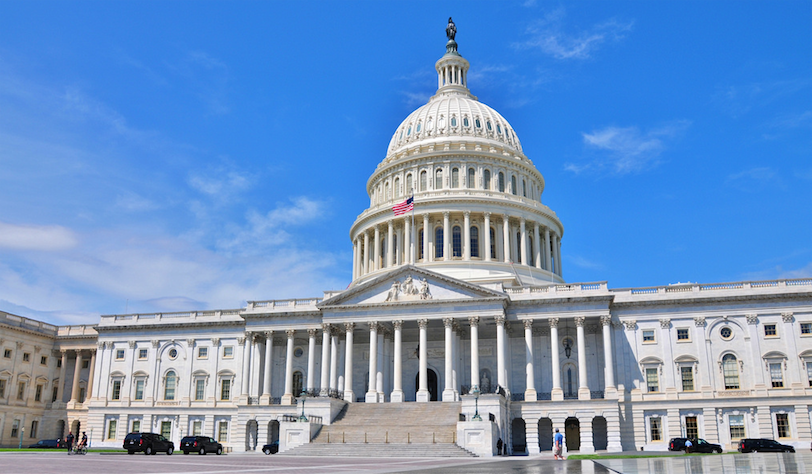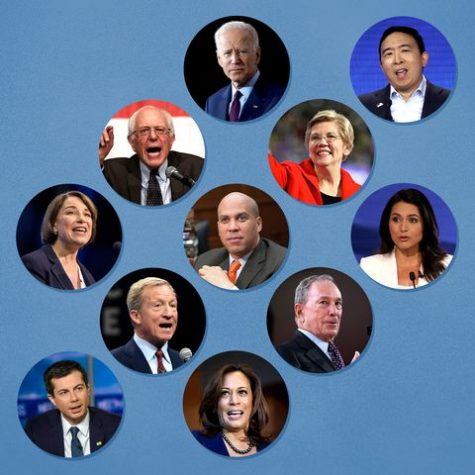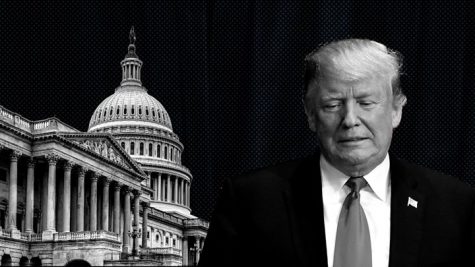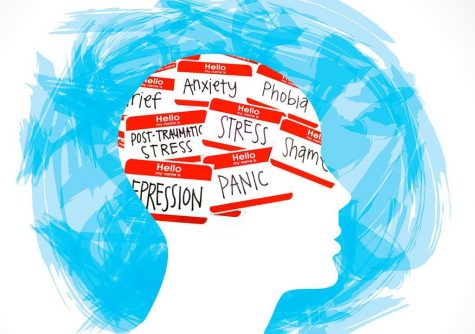Electoral College Controversy
The Electoral College has been an issue of great debate for much of our nation’s history. This system was enacted in the Constitution as the method by which the United States elects its presidents. Each state holds a popular vote, and the candidate that wins is the recipient of the state’s electoral votes; it is a winner-take-all concept. The number of electors for each state is determined by the number of U.S. Representatives plus the number of U.S. Senators the state has. These electors meet and cast their votes privately, which are then sent to Washington D.C. and counted. The President of the Senate announces the results on January 6 during a joint meeting of the House and Senate. 270 electoral votes are required to win the presidency.
Controversy has surrounded this institution for centuries; however, since the 2000 presidential election involving the vote recount in Florida, and the most recent election in which Hillary Clinton lost while winning the popular vote, this controversy has reached new heights.
The Founding Fathers originally designed the Electoral College as an indirect hedge against a national majority having too much power over individual states. Based on their readings of historical attempts at democratic governments in Greece and Rome, the founders believed that the various states would lose much of their leverage over an unfettered executive branch, so they created a novel system based on a direct popular election within each of the states
To dismantle the electoral college would be, in part, to dismantle the federal principle, which entails the delicate balance of power between the federal government and the states. A simple popular vote would diminish the importance of individual states, as geographic location of voters would have no bearing on the outcome of the election. This leads advocates of the electoral college to believe that presidential campaign tours would be limited to major cities, and would largely ignore more sparsely-populated regions of the country.
Proponents of the Electoral college also refute the supposed “small-state advantage” – which claims that smaller states are unjustly over-represented in the electoral system – with the fact that the 25 least-populated states have only 116 electoral votes, or 21% of the 538 electors of the Electoral College, while the 10 most-populated states have more than twice the power (256 electoral votes, or about 50% of all of the electors in the Electoral College).
The most prominent criticism of the Electoral College system is this: In a deeply polarized electorate such as in the U.S. today, the loser of the national popular vote can win the Electoral College vote. This has happened five times in U.S. history, including in our most recent election.
The Electoral College system also distorts the one-person, one-vote principle of democracy because electoral votes are not precisely distributed according to population. Every state gets one electoral vote for each member of its delegation to the House of Representatives (this by itself would be a rough measure of its population) and each state also gets two “bonus” electors representing its two senators.
In contrast to the argument of its supporters, opponents of the Electoral College say that it distorts presidential campaigning by incentivizing the parties to write off the more than 40 states (plus the District of Columbia) that they know they either can’t win or can’t lose, simply because of their party association, and only focusing on the 10 key swing states.
There have been over 700 proposed constitutional amendments to change or eliminate the Electoral College, and none has ever been forwarded to the states by the U.S. Congress for ratification. The principal reason is that it takes a two-thirds vote by Congress and then a three-fourths ratification by the 50 states, meaning only 13 states need to vote against a constitutional amendment to defeat it.
After reviewing both sides of the controversy, it’s clear why the government is so deadlocked over the issue of the Electoral College. Changing the system would require an amendment to the Constitution, since this is the only way to change a stipulation of the document itself. Researchers theorize that this would wreak havoc on our system of government as it is fundamentally altered. However, some believe that the change would be for the better and America may actually begin to resemble the democracy that it purports itself to be. This is a controversy that will inevitably get more heated during the coming months but is unlikely to be resolved any time soon.











